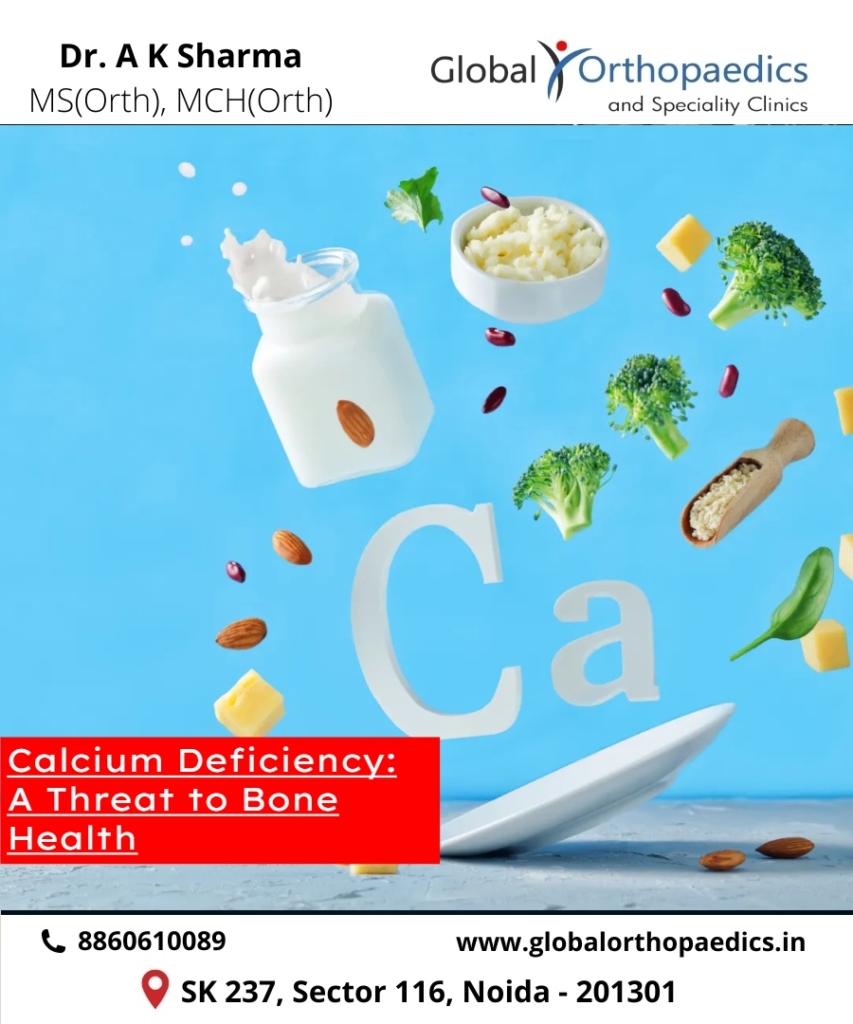Calcium is a vital mineral essential for maintaining strong bones. It plays a crucial role in bone formation and density, helping to prevent osteoporosis and fractures. A deficiency in calcium can have significant consequences for bone health.

Understanding Calcium’s Role in Bone Health
Calcium is stored in the bones and teeth, making up a significant portion of their structure. When your body lacks sufficient calcium, it may start to draw calcium from your bones to maintain other essential functions. This can lead to weakened bones, making them more susceptible to fractures.
Signs and Symptoms of Calcium Deficiency
- Muscle cramps or spasms
- Numbness or tingling in the hands and feet
- Frequent fractures
- Weak bones
- Fatigue
Risk Factors for Calcium Deficiency
Several factors can increase your risk of calcium deficiency, including:
- Age: As you get older, your body’s ability to absorb calcium may decrease.
- Gender: Women are more prone to calcium deficiency, especially after menopause.
- Diet: A diet low in calcium-rich foods can lead to deficiency.
- Lactose intolerance: Difficulty digesting lactose, the sugar found in dairy products, can hinder calcium absorption.
- Certain medications: Some medications can interfere with calcium absorption.
Preventing Calcium Deficiency
To maintain optimal bone health, it’s essential to ensure you’re getting enough calcium through your diet. Here are some tips:
- Consume calcium-rich foods: Include dairy products (milk, yogurt, cheese), leafy green vegetables (spinach, kale), fortified foods (cereals, orange juice), and almonds in your diet.
- Get enough vitamin D: Vitamin D helps your body absorb calcium. Exposure to sunlight and vitamin D supplements can be beneficial.
- Regular exercise: Weight-bearing exercises like walking, running, and dancing can help strengthen bones.
- Limit caffeine and alcohol: Excessive caffeine and alcohol consumption can interfere with calcium absorption.
If you’re concerned about your bone health or suspect you may have a calcium deficiency, it’s important to consult with an orthopedic doctor in Noida. The best orthopedic surgeon in Noida can assess your risk factors, evaluate your bone density, and recommend appropriate treatment or lifestyle changes.


